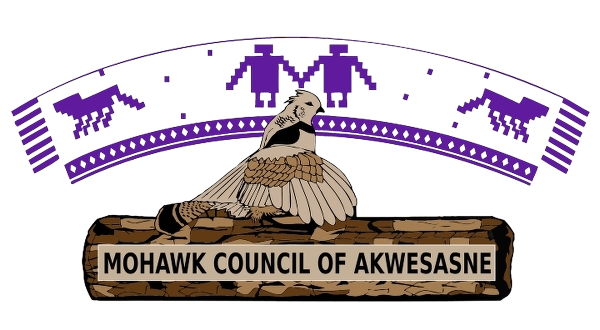The Akwesasne Court is the first court in Canada to operate under an independent Indigenous legal system, separate from the federal framework. It marks a historic step toward full self-determination for the Mohawks of Akwesasne and Indigenous Peoples across the country.
Before colonization by the English and French Crowns, the Mohawks of Akwesasne maintained a complex governance system that included deeply rooted traditions of conflict resolution and community peacekeeping. The Akwesasne Court is a continuation of those traditions, revitalized to meet the needs of the present.
Today, Akwesasne straddles three legal jurisdictions — including two provinces with conflicting laws and an international border. Despite these challenges, a community-based justice system has existed here since the 1970s. In 2000, the Mohawk Council of Akwesasne began a formal process to assert its inherent right to establish a sovereign legal system — one that could replace the overlapping authorities imposed on the territory. This process culminated in the passage of the Akwesasne Court Law No. 2016-01, under Mohawk Council Resolution 2015/2016-#322. The law officially came into effect in August 2016.
While the Court currently has limited criminal jurisdiction, it is recognized under the Family Homes on Reserve and Matrimonial Interests or Rights Act as having authority to enforce Akwesasne laws. Negotiations are ongoing with Ontario and Quebec to recognize Akwesasne Court orders in both provincial systems.
Judges are selected through an independent review process based on their character, credibility, and community reputation. They complete ten weeks of intensive training through the Canadian Institute for the Administration of Justice, covering criminal and civil procedures, ethics, due process, and judicial fairness before being sworn in.
Court proceedings are grounded in Mohawk values and legal principles. Justices, prosecutors, and advocates prioritize healing — for the individual and for the community — when addressing harm. Rather than focusing solely on punishment, the Akwesasne Court encourages those who have offended to use their strengths and gifts to repair harm and restore balance.
In doing so, the Court upholds Canadian legal standards while centering the Kanien’kehá:ka worldview. It embraces the foundational principles of:
- Skén:nen (Peace)
- Ka'shatsténhsera' (Strength)
- Ka'nikonhrí:io (A Good Mind)
These principles are paired with traditional values such as respect for life, the person, and property.

